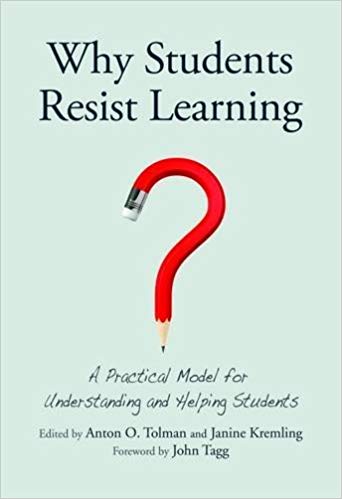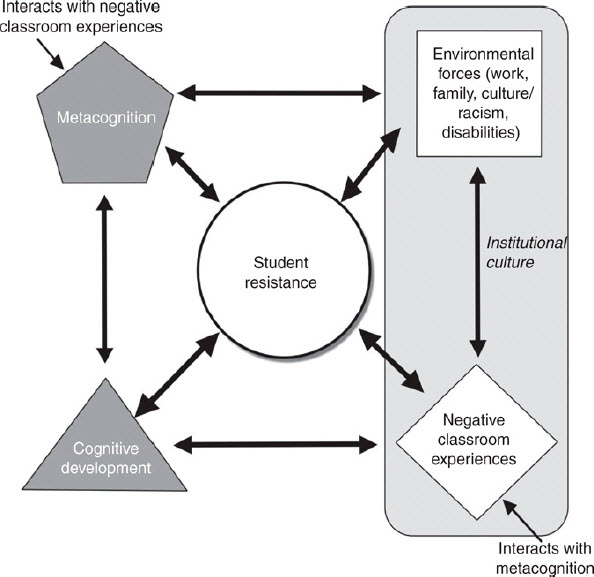How to deal with a student who refuses to learn?
I've met a few of those over the years as a a private-class math teacher. They don't want to learn anything about the subject. Some of them are just not motivated, some have serious gaps in their past education, such that whatever I'm teaching makes very little sense for them.
They offer resistance to being given explanations, as if everything (or most of what) I'm saying is unnecessary and excessive. They are usually only permissive of the solution to problems that are known to be on their school's exams, and prefer step-by-step instructions free from any context/theory/mathematical properties.
To give some context:
I usually deal with either very young students who have some respect for older people authority (and come to think of it, this still exists), or pre-admittance exam students, who have well accepted the fact that they need to learn the subjects they are being taught.
But recently, I've been teaching this college student from a humanities field who needs to pass a class on high-school level mathematics. He's older than I'm used to, and confident he'll never need math in his "real" life. Hence, the problem I've been used to face reached a whole new level.
Things I usually do, but aren't working:
Instruct the student to show some important result (such as proving Pythagorean theorem), the proof being written by his own hands usually puts a whole new meaning to theorems and formulas.
Give application examples about finance (because everyone is usually interested in money).
Explain that understanding things makes it easier to remember and harder to forget.
Explain that other subjects/classes will require knowledge in mathematics.
EDIT There have been a few very good answers, but some of them and a few comments made me realize another point: Yes, I get that I usually can teach only the step-by step solution as a short term solution, this should allow the student to pass the test.
The problem I'm struggling right now is that over ten years worth of teachers have used this kludge with this student already. The result is that I'm expected to make a college student be able to solve high-school level problems while being oblivious to elementary school math and refusing to learn it.
Think about this: The student needs to pass tests on arithmetic progressions and trigonometry, but forbids you to explain how to simplify fractions or solve first degree equations.

